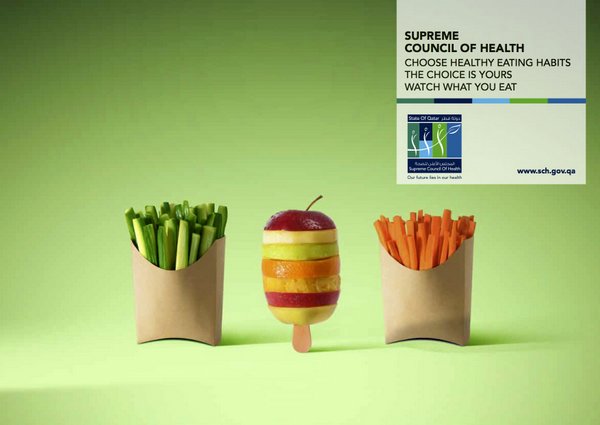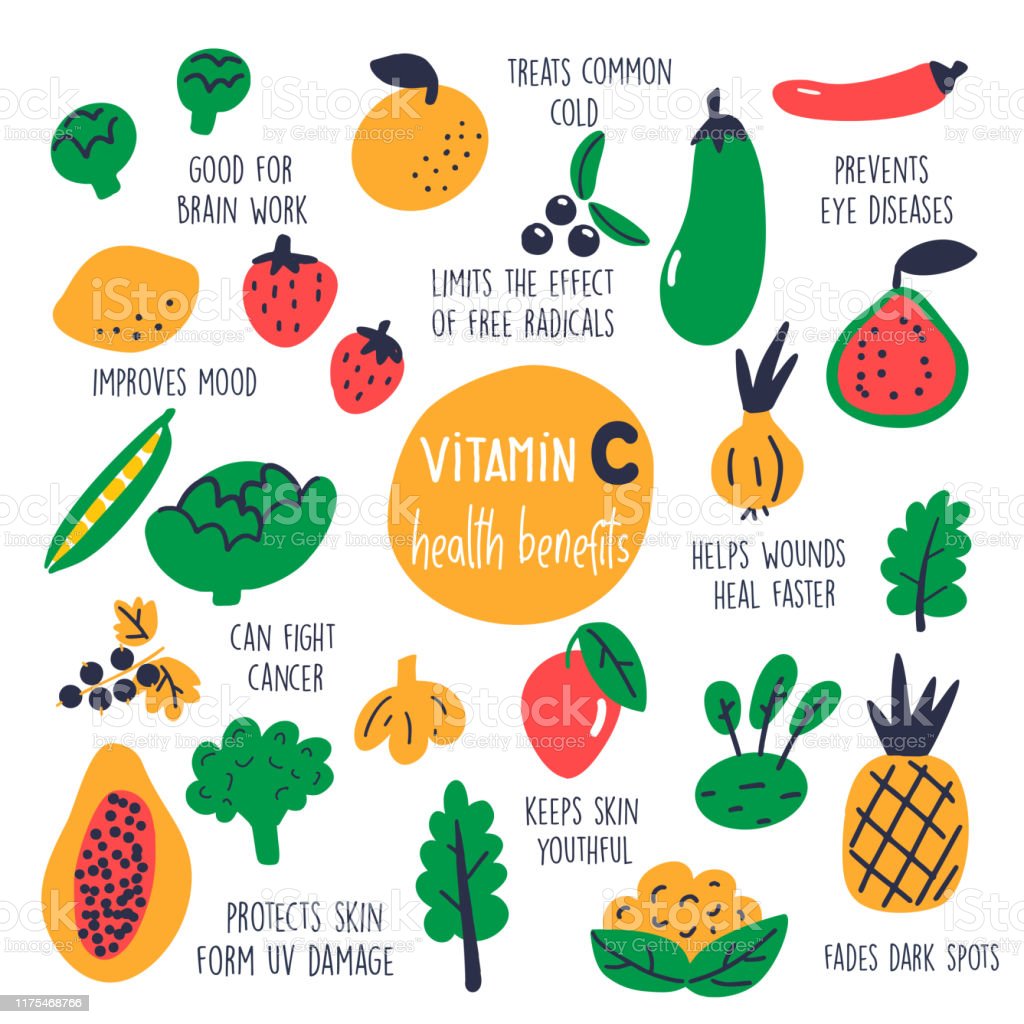
First, reduce the amount fat in your diet. This is a key step towards cholesterol control. Unsaturated fat is found in oilsy fish, nuts and seeds as well as vegetables. Avoid trans fats and saturated fat, which can be found in processed foods, dairy products, and meats. Also, increase fiber intake to lower cholesterol. Soluble fiber can be a healthy carbohydrate and help you lose weight.
A high-fiber diet is an excellent way to lower your cholesterol levels. At least one third of your daily calories should come from fat. Limit saturated fat intake to 8-10% of your daily intake. Additionally, you should limit your total cholesterol intake to under 300 mg a day. Some foods, such as nuts and fish, contain dietary cholesterol. Vegetarians can still get Omega-3 fats from flaxseed, walnuts, green leafy vegetables, and other foods.

The best way to lower your cholesterol is by increasing the intake of monosaturated oil in your diet. Omega-3 fatty acid found in fish is particularly good for your heart. It can be found in many foods including avocado and nuts. You should also limit saturated fats and increase your consumption of fish oil. Also, reduce your intake sugary drinks. You can lower cholesterol even if your risk is low.
If you are unable or unwilling to exercise, medication may be an option. There are many medications that can lower cholesterol. The most common ones are statins, a class of drugs for high cholesterol, and a pill that can be taken orally. Before you start taking any new medications or other over-the-counter remedies, consult your doctor. Your goal is to lower your total cholesterol. Your cholesterol levels will improve if you do more exercise.
Statins are not the only thing you need. It is important to consume foods high-in plant sterols. These natural compounds are found in plants and have a similar effect to cholesterol. These substances limit the absorption of cholesterol and reduce the risk of heart disease. An increasing number of food products and beverages contain these compounds. These compounds may improve your cholesterol levels and your overall health. These naturally occurring substances may help you lower your cholesterol. There are many different sources of plant-sterols.

Changes to your diet can reduce cholesterol in most cases. Avoid cheeseburgers if you like them. Eat more fruits, vegetables, and less meat. While garlic has no evidence-based benefits for lowering cholesterol, it can help you lose weight. Another way to lower cholesterol is to reduce saturated fat. You can also reduce the amount animal fat you eat. Some research suggests that eating more fruits or vegetables may lower cholesterol. Eating a healthy diet can also help to lose weight.
FAQ
How To Build Muscles Fast?
It is important to eat healthy food and lift weights frequently in order to quickly build muscle.
When you're fresh and ready to do something, early morning is the best time for working out.
Do push-ups, bench presses, squats, and other exercises.
Use different weight training techniques and drink plenty water throughout the day.
What Is The Best Way To Lose Weight?
It is not easy to lose weight. Many people give up because they don’t know what else to do.
However, there are some simple steps that you can take to shed those extra pounds.
First, ensure you eat fewer calories that you burn. If you consume more calories than what you burn, you will gain weight.
The second is to get regular exercise in order burn those calories. You have the option of doing jogging or walking or cycling, as well as dancing.
Third, stop smoking and drinking alcohol. These habits make it more likely that you will consume more calories than you would normally.
Fourth, reduce your intake of fatty and processed foods. These can be replaced with healthier options like fruits, vegetables and whole grains.
Fifth, you should change your lifestyle to adopt new habits. You might need to get up earlier every morning to do some exercise before going to work.
Sixth, discipline and following a diet plan are essential.
For those extra calories, you could join a class or go to a gym.
By following these simple tips, you will soon begin to notice results.
What does milk do?
Think about other uses for milk next time you purchase it. It may be a good idea to reduce your coffee intake.
The benefits of milk have been demonstrated to be both beneficial to children and adults. Children get nutrients like vitamin D, calcium and potassium from milk.
It promotes weight gain, digestion, bone strength, and aids digestion. The immune system is stronger and there are fewer illnesses in adults who consume dairy products.
Lactose is also a major component of milk, so those who are unable to digest it easily can still enjoy the benefits of this sugar without having stomach problems.
You can drink more milk than you would soda or juice. Milk contains more calcium and vitamin D, which can strengthen your bones and teeth.
Plain low-fat yogurt is another option if milk tastes bland to you. Yogurt is a great alternative to milk since it is lower in calories and higher in protein.
Yogurt also includes probiotics. These help in digestion and improve immunity.
A glass of warm milk is a great way to get a good night's sleep if you're having trouble getting to sleep. Warm milk helps relax muscles and boosts serotonin levels.
Statistics
- 10 pounds in a month is likely during a lean bulking phase, especially for beginners. (muscleandstrength.com)
- According to the American Heart Association, blood pressure should be checked at least once every two years, beginning at age 20. (my.clevelandclinic.org)
- The PRS enabled risk stratification for overall prostate cancer and lethal disease with a four-fold difference between men in the highest and lowest quartiles (HR, 4.32; 95% confidence interval [CI], 3.16-5.89). (pubmed.ncbi.nlm.nih.gov)
- An estimated calorie range for moderately active adult males falls between 2,200 to 2,800 calories per day, depending on age. (eatright.org)
- Are You One of the 20% of Guys (mh.co.za)
External Links
How To
What nutrients do men need each day?
For healthy growth and development, men need to eat a balanced diet. Your body needs vitamins, minerals and nutrients as well as carbohydrates, proteins, fats, carbohydrate, fiber, and other essential components.
Also, the male body requires certain nutrients at specific times during the day. When you're sleeping, your body uses energy from food for hormones, proteins, and enzymes. You use protein to build muscles and repair damaged tissue when you wake up.
Your body uses the night to break down fat and store extra energy as glucose. Your body requires fewer calories, but still needs enough nutrients. If you feel hungry, you may consider having a snack during the evening.
To fuel your muscles while you train, you will need sufficient carbs as well as protein. You may feel sore muscles if you exercise hard.
To prevent this, you must consume carbs and protein within 2 hours of training. To provide energy, your body will begin to break down stored glycogen.
In addition, you must consume protein immediately after completing your workouts. This prevents muscle tissue being destroyed while you're sleeping.
Your body can produce lactic acid during intense physical activity. Your body can build up lactic acid in the bloodstream which causes fatigue. Avoid this by eating foods rich in carbohydrates such as fruits or vegetables.
Carbohydrates offer your body the energy it needs for recovery from exercise.
Your diet may include lean meats like fish, eggs, milk cheese, yogurt or beans as well as lean proteins such as fish, eggs, egg yolks, cheese, yogurt, bean, peanuts and seeds.
All of these foods contain high quality protein. Protein promotes muscle growth, and helps repair damaged tissues. Protein provides the amino acid your body needs for testosterone and sexhormone production.
For healthy skin, hair and joints, it is important to eat enough fats. Healthy men need between 20% and 35% of their total caloric intake from fat.
Fat can help keep your heart healthy and protect you from cancer. It keeps your brain healthy and functioning well.
You can get the majority of the fats that you need from vegetable oils such as soybean oil.
These oils have high amounts of monounsaturated oil fatty acids, (MUFAs). MUFAs reduce cholesterol and inflammation. They also protect your cells from damage caused by free radicals.
Saturated fats (SFAs) are found mostly in animal products like meat, dairy products, and butter. SFAs increase LDL ("bad") cholesterol, and increase triglycerides. They also promote weight gain and belly fat.
Polyunsaturated oil (PUFAs), which are plant-based, can be found in vegetable oils, nuts seeds, grains, and other plant-based products. PUFAs are good for your heart health and help to reduce inflammation. They also reduce blood sugar, cholesterol, and other inflammatory factors.
Erectile dysfunction is common in men with low HDL ("good") cholesterol. Saturated fats are a major source of bad cholesterol. This lowers good cholesterol.
Men who eat a lot of red meat or pork develop prostate problems because they contain large amounts of nitrates. When heated, nitrates are converted to nitrosamines. These compounds can cause cancer.
Many processed meats are high in nitrites, and other dangerous chemicals. Avoid them completely.
The American Heart Association recommends eating no more than 2 servings of red meat per week. Choose poultry, fish and legumes instead.